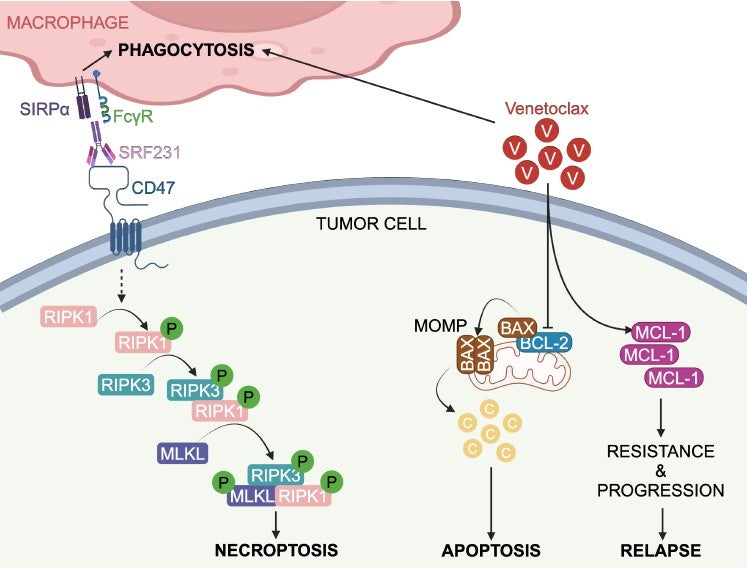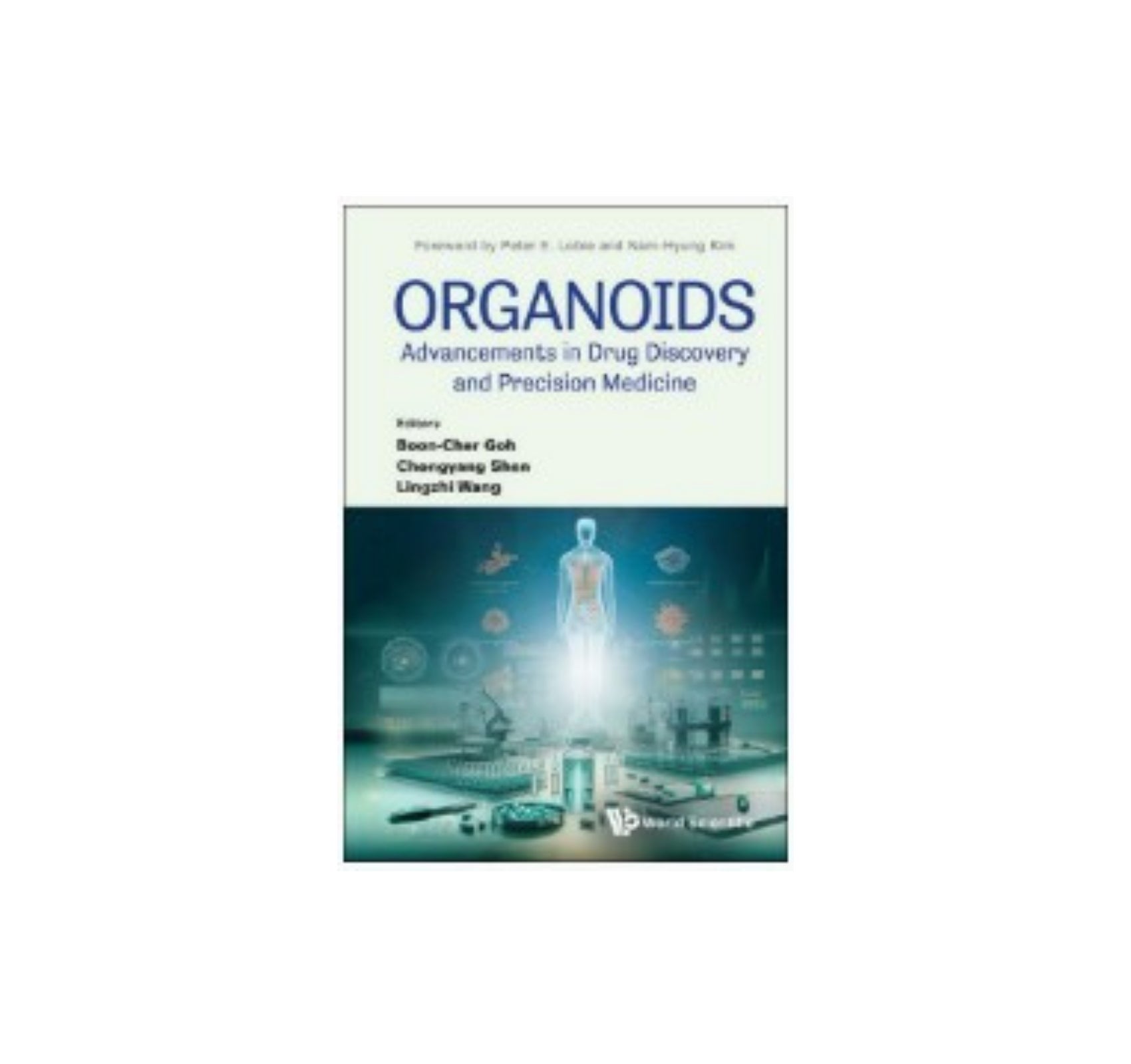Immune checkpoint inhibitors (ICIs), a type of therapy which can greatly enhance the ability of the immune system to recognise and attack cancer cells, have been effective in improving the survival outcomes of advanced oesophageal squamous cell carcinoma (ESCC) patients. While the efficacy of ICIs has been clearly demonstrated in patients with high levels of expression of the protein, PD-L1 in tumors, it is unclear if ICIs can likewise confer a survival benefit to advanced ESCC patients with low tumour PD-L1 expression levels. Results from this study, led by Dr Raghav Sundar, suggest that ICIs do not afford a survival advantage to patients with low tumour PD-L1 expression. These findings further suggest that ICIs can be avoided in patients with low tumour PD-L1 expression to minimise the additional economic cost and potential toxic side-effects associated with this therapy and that alternative treatment strategies should be investigated for this patient sub-group.
Read more: https://www.ncbi.nlm.nih.gov/pmc/articles/PMC9857522/




